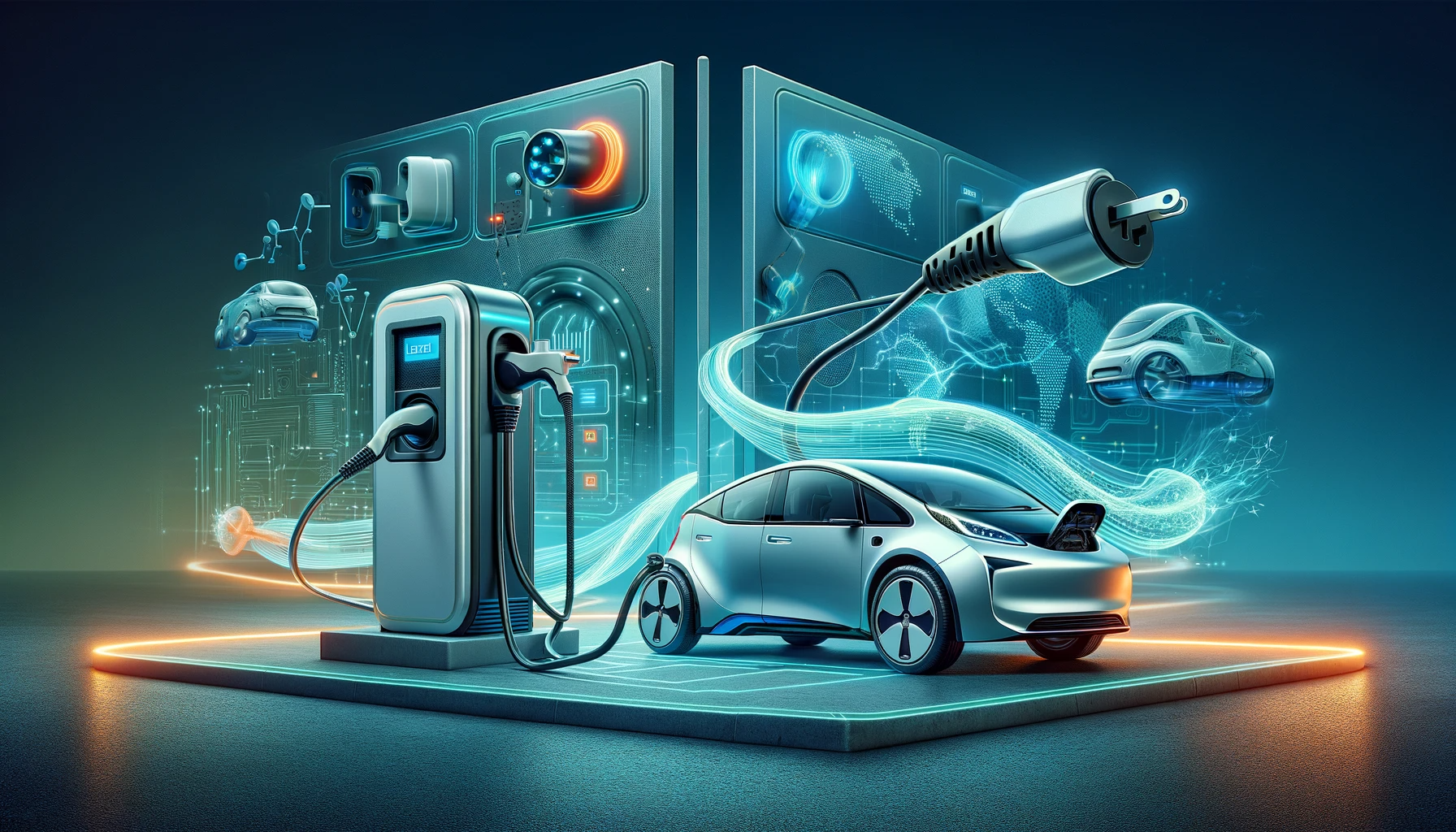
The Difference Between Level 1 & 2 EV Chargers
Electric vehicles (EVs) have revolutionized the way we think about transportation. A critical aspect of owning an EV is understanding the charging infrastructure, especially the difference between Level 1 and Level 2 chargers. This comprehensive guide delves into these two predominant charging options, providing valuable insights for EV owners and enthusiasts.
Basics of EV Chargers
Understanding EV Chargers
EV chargers, also known as Electric Vehicle Supply Equipment (EVSE), are the bridge between the electrical source and the EV's battery. They play a crucial role in ensuring your vehicle is powered and ready to go.
Types of EV Chargers
Generally, EV chargers are categorized into Level 1, Level 2, and DC Fast Chargers. This article focuses on the first two types, which are most commonly used for residential and some commercial applications.
Level 1 EV Chargers
Overview of Level 1 Chargers
Level 1 chargers are the most basic type of EV charging solution. They are often included with the purchase of an EV and can be plugged into a standard household outlet.
How Level 1 Chargers Work
These chargers use a 120-volt AC plug and generally offer a charging rate of about 2 to 5 miles of range per hour of charging.
Pros and Cons of Level 1 Charging
While Level 1 chargers are convenient and require no additional installation cost, their slower charging speed makes them less ideal for drivers with longer daily commutes.
Level 2 EV Chargers
Overview of Level 2 Chargers
Level 2 chargers are a significant step up from Level 1 chargers in terms of charging speed.
How Level 2 Chargers Work
These chargers operate on a 240-volt AC plug, similar to what large household appliances use, and can significantly reduce charging time.
Pros and Cons of Level 2 Charging
Level 2 chargers offer a much faster charging rate, typically around 12 to 80 miles of range per hour. However, they often require professional installation and can be more expensive upfront.
Comparing Level 1 and Level 2 Chargers
Charging Speed Comparison
The primary difference between Level 1 and Level 2 chargers is the speed of charging. Level 2 chargers can charge an EV battery much faster than Level 1 chargers.
Cost Implications
While Level 2 chargers are more costly than Level 1, they offer greater convenience and efficiency, particularly for those who drive more frequently.
Suitability for Different EVs
Depending on your EV model and daily mileage, either a Level 1 or Level 2 charger could be more suitable for your needs.
Installation Considerations
Installing Level 1 Chargers
Level 1 chargers require no special installation – they plug directly into a standard household outlet.
Installing Level 2 Chargers
Installing a Level 2 charger typically involves professional help, as it requires a 240-volt circuit.
Key Factors in Choosing a Charger
When choosing between Level 1 and Level 2 chargers, consider factors like your daily driving range, availability of charging stations, and budget.
The Future of EV Charging
Emerging Technologies in EV Charging
The EV charging industry is rapidly evolving, with advancements in charging technology and infrastructure.
Trends in EV Charging Infrastructure
The push towards greener transportation is driving significant investments in EV charging infrastructure, making it more accessible and efficient.
The Difference Between Level 1 & 2 EV Chargers
This section highlights the key distinctions between Level 1 and Level 2 EV chargers, providing an in-depth comparison to help you make an informed decision.
Conclusion
Understanding the difference between Level 1 and Level 2 EV chargers is crucial for optimizing your EV experience. Whether you're an EV novice or a seasoned owner, choosing the right charger can significantly impact your daily life and contribute to a more sustainable future.

Leave a comment